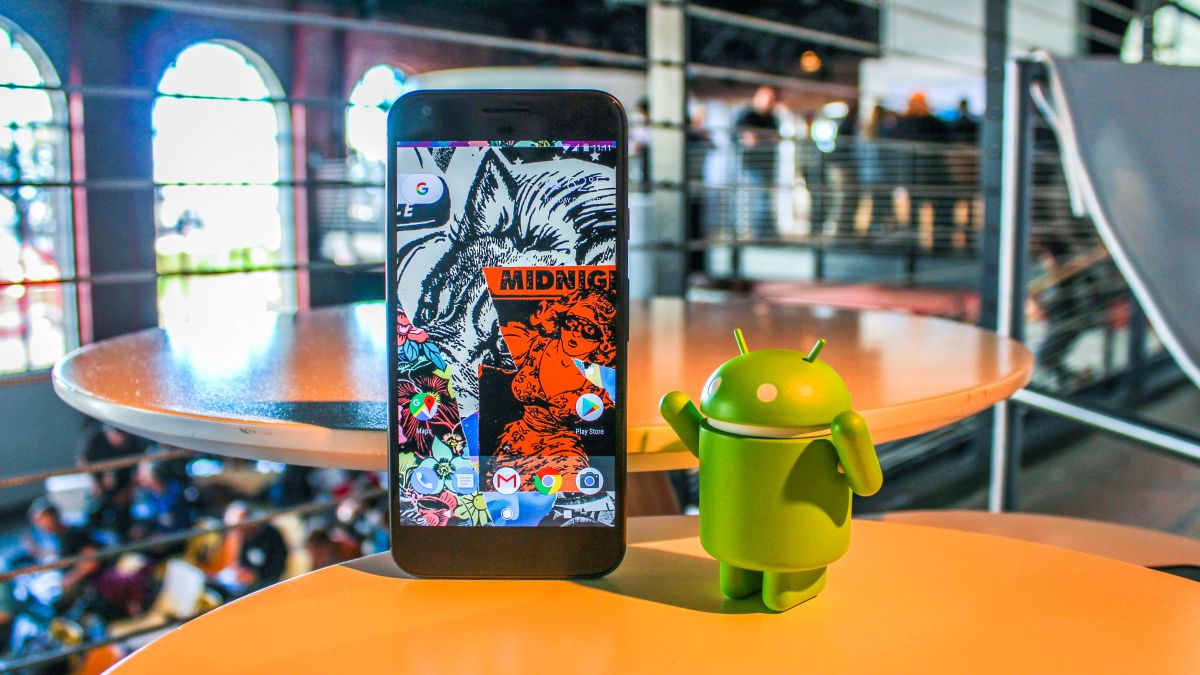Android security updates will soon arrive much faster for all devices

Google has shared the results of its past year of stepping up Android security, showing not just how the mobile platform has cut down on malicious apps and other hazards, but also its plan to roll out security updates to users faster than it has in the past.
Throughout 2017, Google plans to improve regular security updates for Android, streamlining the process so that manufacturers can send patches and updates out in a more timely manner across devices, according to Android Security Team's own Adrian Ludwig and Mel Miller.
This move not only means a more consistent schedule for security updates, but helps Android mend its reputation for slow updates (as seen in the less-than-expedient release of Android Nougat) compared to its chief rival, Apple, which benefits from quicker, platform-wide updates thanks to its closed platform.
Google also hopes its advances in machine learning will make it even more proactive at stopping cyber ne'er-do-wells, saying such technology can "significantly" improve its catch rate of harmful apps both inside and outside the Google Play Store.
Lessons learned
Android beefed up security this past year using several new features such as Smart Lock, Safe Browsing, and Google-backed security APIs for third-party developers, according to Google's main report.
From 2015-2016, Android's own Verify Apps feature claims to have dropped the amount of malicious activities via Google Play Store apps to all-time lows. This included lowering install rates of trojans by over 50% to just 0.016% of installs among the tech giant's 1.4 billion-strong user base.
Backdoors and unauthorized loaders were also down, making up less than even a hundredth of a percent of installs in 2016. Phishing apps took an especially hard hit, down over 70% the previous year to an install rate of 0.0018%.
Sign up for breaking news, reviews, opinion, top tech deals, and more.
Google boasts that by the end of 2016 only 0.05% of devices that downloaded apps exclusively from the Google Play Store had software that was potentially harmful, down from 0.15% in 2015.
Curious to learn more? Android included a full webinar as a companion piece to its annual security report, which you can watch below:

